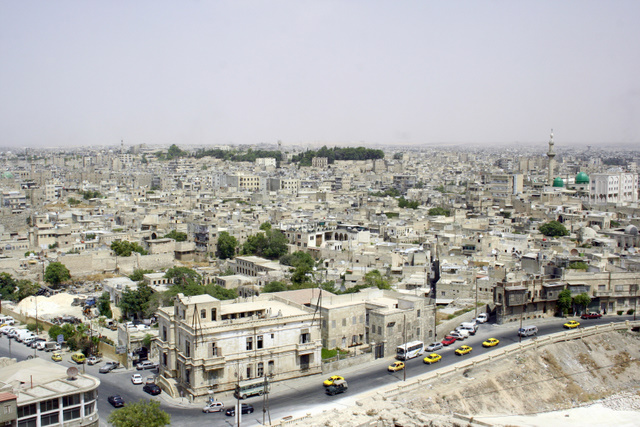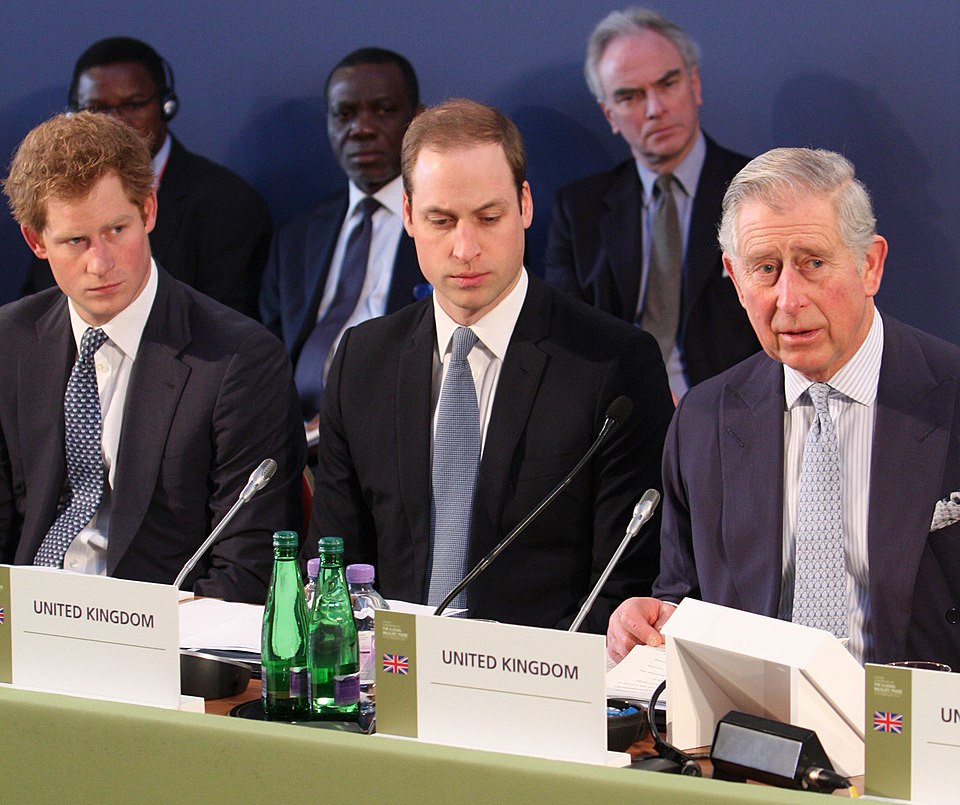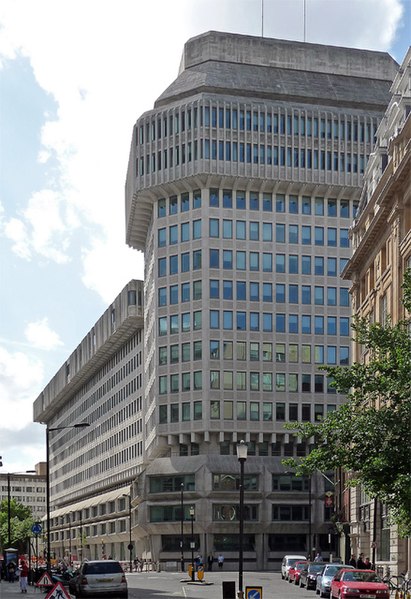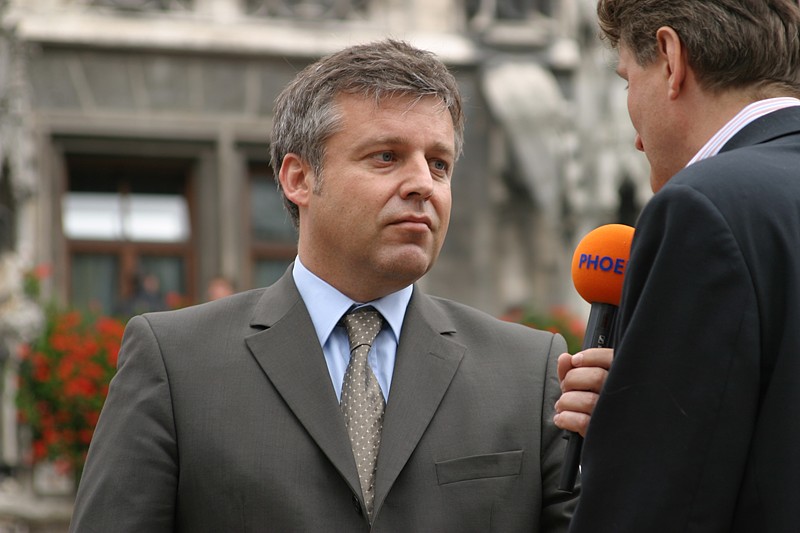
The Turkish government and business leaders convened on Tuesday to discuss strategies for supporting Syria's reconstruction and economic revitalization following last month’s removal
of longtime ruler Bashar Assad.
Assad’s ousting, which came after a swift weeklong offensive by opposition forces, has left Syria grappling with severe economic and infrastructural challenges after a 13-year civil war.
Turkish officials have since expressed their commitment to assisting Syria in rebuilding and stabilizing. Türkiye became the first country to reopen its embassy in Damascus, signaling its intent to foster closer ties.
According to a statement by the Trade Ministry, Tuesday’s meeting in Ankara focused on "exploring what our business community and nation can contribute to the reconstruction, economic development, and trade revival of our brotherly country, Syria, in this new era."
Trade Minister Ömer Bolat, alongside representatives from business sectors, industrial chambers, and non-governmental organizations (NGOs), participated in the discussions.
The ministry emphasized that robust cooperation between Türkiye and Syria is essential to ensuring sustainable governance, peace, and security in the war-torn country.
The prolonged conflict resulted in over 500,000 casualties and devastated Syria’s economy, obliterating homes, businesses, schools, and critical energy infrastructure. The war displaced 6 million people globally and 7 million internally. Türkiye has provided refuge to nearly 3 million Syrians since the conflict erupted in 2011. Authorities report that more than 25,000 refugees have returned to Syria since the regime’s collapse, raising hopes for further repatriation.
Unlocking Trade Potential
On the same day, Bilgehan Engin, head of the Association of International Transport and Logistics Service Providers (UTIKAD), underscored Syria's untapped trade potential with Türkiye.
Currently, bilateral trade between the two countries amounts to $2 billion annually. Engin projected that this figure could surge to $6 billion in the short to medium term as stability improves.
"The changing dynamics in Syria and the cessation of active conflict offer a significant opportunity for Turkish industries, particularly in logistics and infrastructure development," Engin told reporters.
He noted that the estimated $400 billion reconstruction budget discussed for Syria over the next two to four years could generate substantial demand for Türkiye’s logistics sector, especially in “project transportation.”
Engin highlighted that Turkish ports and transport corridors could play a crucial role in supplying the materials and goods needed to rebuild Syria’s infrastructure, including residential, commercial, and utility projects destroyed by the war.
"The developments in Syria hold strategic importance for Türkiye, impacting our geopolitical, political, and economic landscape. Before 2013, Syria was a vital trading partner for us. Had trade continued at that pace, current trade volume could have exceeded $6 billion. Today, it stands at $2 billion," he said.
With the end of conflict and changing regional dynamics, Engin expressed optimism that trade levels would soon rise toward their potential.
"There are discussions about infrastructure budgets exceeding $400 billion in Syria. Much of this investment is expected to flow through our ports. The renewal of Syria’s infrastructure will likely create significant opportunities and workloads for the logistics sector in the near to medium term," Engin added.
While the reconstruction budget has garnered international interest, Engin called on Turkish businesses to capitalize on their geographic and logistical advantages to secure a leading role in rebuilding Syria.































































